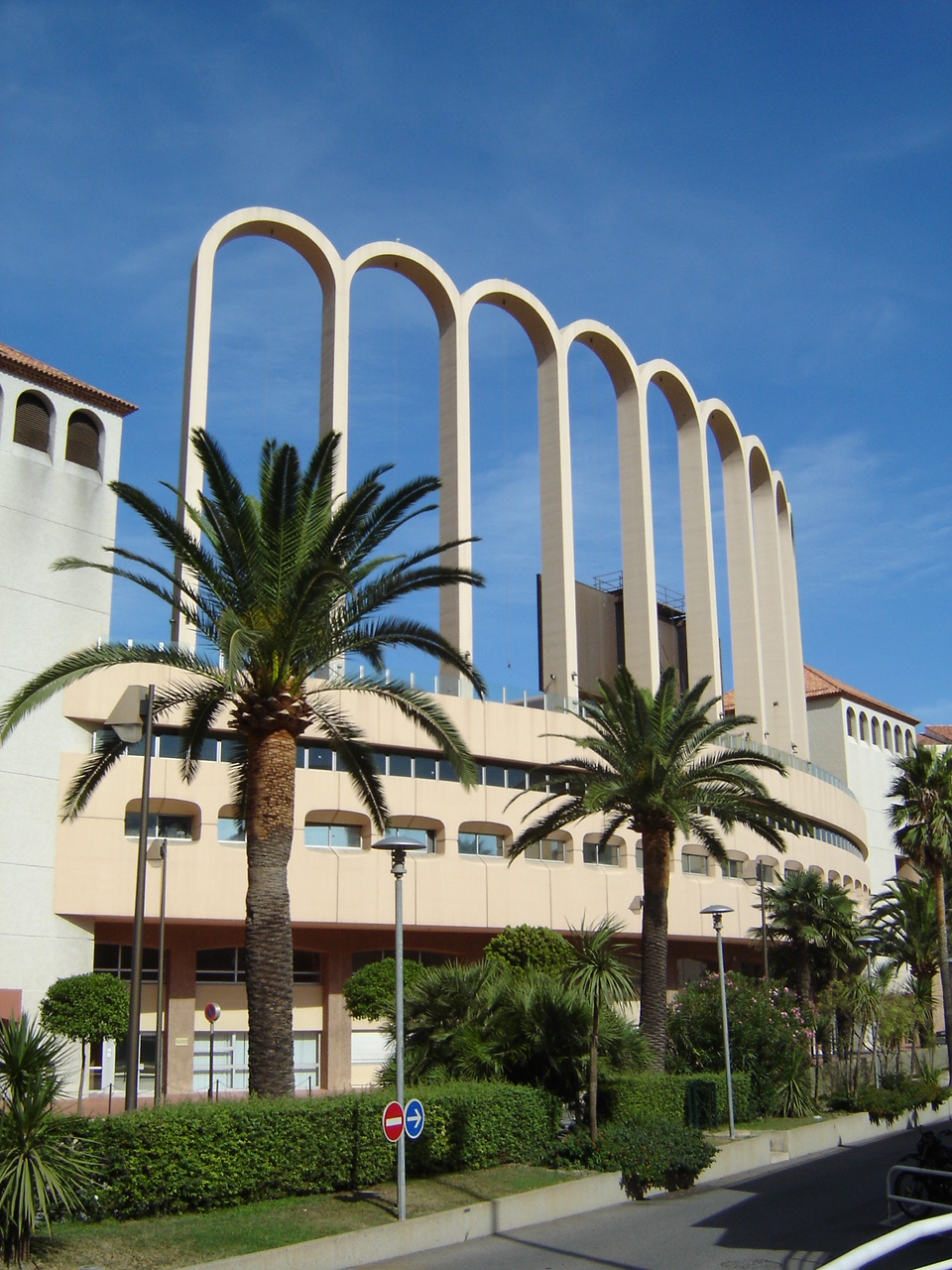 |
| Monaco football club stadium |
Monaco says that these moves breach European law and that they break a 50-year-old tax convention between France and Monaco, and the French say that the current status quo gives Monaco an unfair advantage.
There are grounds for these French fears of course. The French government under François Hollande has slapped substantial taxes on club profits and players' salaries, and this is sure to lead to an exodus of some of the league's better players to more generous clubs in countries such as Britain, Spain, Germany and Italy. Monaco does not have these problems however, because the club is now overseen by Dmitry Rybolovlev, a Russian billionaire who has big spending ambitions and has recently shown an interest in a long list of top players and managers in other countries.
The result of this is that AS Monaco is one of just two clubs in France with major buying power and big European ambitions, the other being Qatari-backed Paris Saint-Germain, the club which managed to lure David Beckham to finish his career with them. PSG unsurprisingly won the French championship with the help of several major signings, and the fear of all the other cash-strapped clubs is that French football shall be no more than a two-horse race next season.
That's how things stand, so be it, but all this begs a much wider question, that of how Hollande and his government can possibly reconcile their current economic policies with success in a country where 'business' and 'money' are dirty words. France has taxed business and the rich very hard since Hollande came to power, there have been threats to nationalise companies, and many prominent (and rich) personalities have left the country for tax reasons. The same goes for some companies and for senior highly-paid personnel, who have been relocated abroad. The result is that foreign investors are wary and that business confidence is at an all-time low.
The France-Monaco row has shone a harsh and analogous spotlight of reality on some crucial choices facing France. If French industry and foreign businesses in France are to invest in order to grow and succeed in international markets they need to be given the chance to do so instead of being trussed up in a fiscal straightjacket, and the same goes for its football clubs, which are of a lower standard than their European counterparts. If they are to be successful and attract investment and the public they too need more help, not hindrance.
This episode shows that if France and its people, like its football clubs, want to remain competitive and be successful, the country will have to change its way of doing things. The alternative, of course, is to accept the country's decline.
Ultimately, France and French football will be forced to choose, because the country can't continue to have its cake and eat it. Either France wants to succeed in a world which is much bigger than it is and which imposes its rules, or it doesn't.
In which case it shall be obliged to resign itself to ever-increasing mediocrity both on, and off, the football pitch.
Thanks for sharing this post I also share with you some tip hope you like. No matter how many times you hear it, the phrase holds wright. Although cliche, practice makes perfect. Because football players can become sloppy after a while, regular practice is elemental. It's repetitive, exhausting, maybe even boring at times, but it pays off. Your body memorizes how things are done. Running with the ball, passing, shooting and free kicks can be perfected when practiced often. Because your own body will recognize if it feels "normal" once you do things a certain way, practice is key. For example: free kicks need much repetition, why? Because your leg and foot get used to how much power to shoot the ball with, how much curve to put on the ball, and how to position the ball in the goal.
ReplyDeletefifa world cup 2014 afc